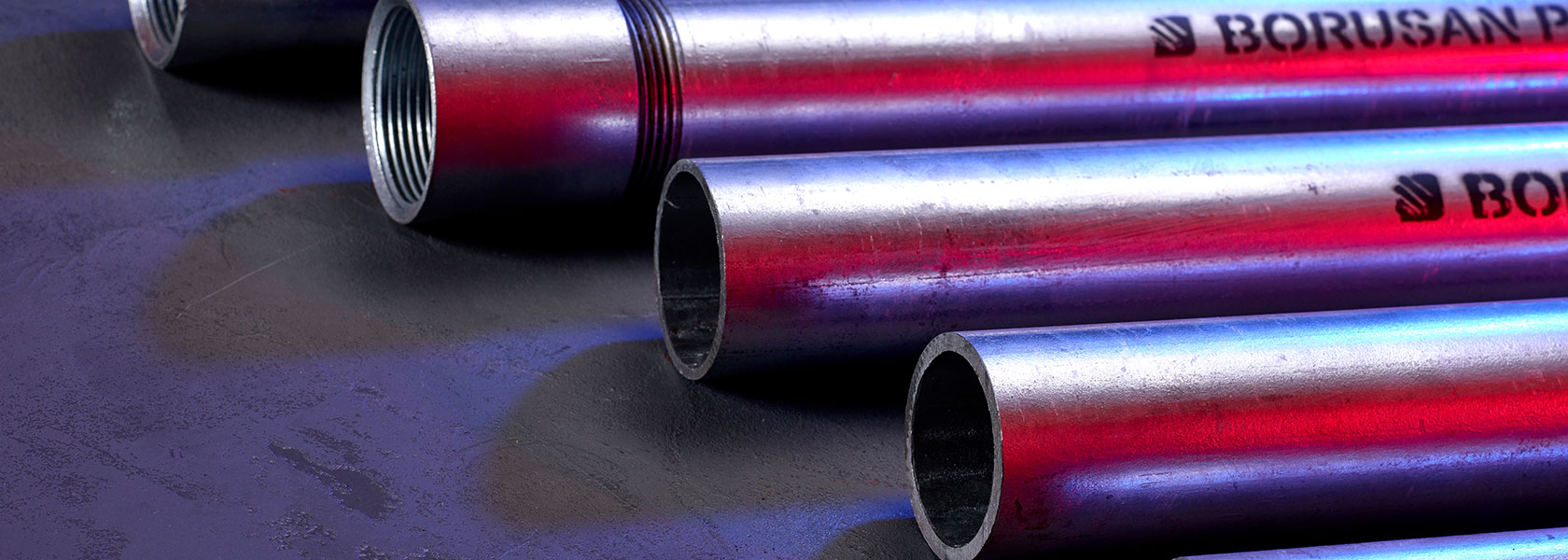Zorunlu çerezler, sitemizin kullanılabilir hale gelmesini sağlamak amacıyla kullanılmaktadır. Kullanılan çerezlere ilişkin ayrıntılı bilgi için aşağıdaki tabloyu inceleyebilirsiniz.
|
Çerez İsmi |
Kullanım Amacı |
Süresi |
Sağlayıcı |
TS01b864f3 |
Sitenin güvenli çalışması için kullanılmaktadır. |
Oturum sona erene kadar. |
Borusanboru.com (Birinci Taraf) |
|
ARRAffinity |
Windows Azure platformunda çalışan web siteleri tarafından yük dengelemesi için kullanılır. |
Oturum sona erene kadar. |
Borusanboru.com (Birinci Taraf) |
|
ARRAffinitySameSite |
Windows Azure platformunda faaliyet gösteren web siteleri, yük dengelemesi amacıyla bu işlevi kullanır. |
Oturum sona erene kadar. |
Borusanboru.com (Birinci Taraf) |
|
LangCookie |
Kullanıcının tercih ettiği dil seçeneğini saklar. |
Oturum sona erene kadar. |
Borusanboru.com (Birinci Taraf) |
|
_SourceCookie |
Kullanıcının oturum bilgisini saklar. |
Oturum sona erene kadar. |
Borusanboru.com (Birinci Taraf) |
